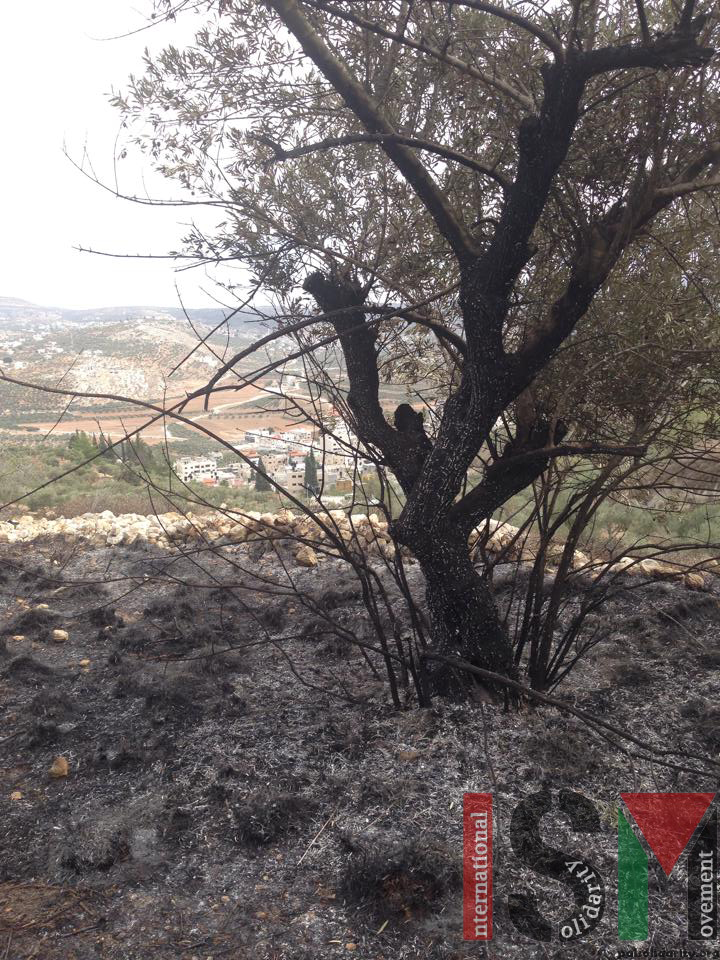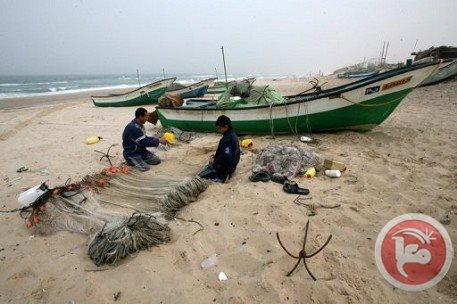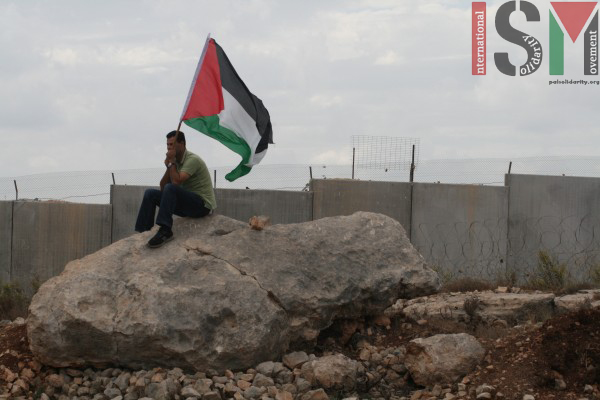Author: ISM Media
-
Zionist settlers burn Palestinian olive grove
22nd October 2014 | International Solidarity Movement, Nablus team | Huwwara, Occupied Palestine This morning at approximately 09:30, settlers from the illegal settlement of Yizhar set fire to a Palestinian olive field above Huwwara village, just outside of Nablus. The settlers set the land on fire from the top of the hill. People from the village…
-
PCHR report: Israeli attacks on fishermen in the Gaza Sea
22nd October 2014 | Palestinian Centre for Human Rights | Gaza, Occupied Palestine Israeli Naval forces continued to carry out attacks on Palestinian fishermen in the Gaza Strip during the reporting period (1 – 30 September 2014), including 18 shooting incidents that resulted in the injury of a fishermen while fishing; 4 chasing incidents that led…
-
Human Rights Defender Abdallah Abu Rahma receives guilty verdict from military court
21st October 2014 | International Solidarity Movement | Bil’in, Occupied Palestine On October 21st, Human Rights Defender Abdallah Abu Rahma was found guilty by an Israeli military court of “disturbing a soldier”. “Demonstrating against the occupation cannot be a criminal offence. Finding Abdallah guilty only shows that the [Israeli] military force is a tool to perpetuate the…



